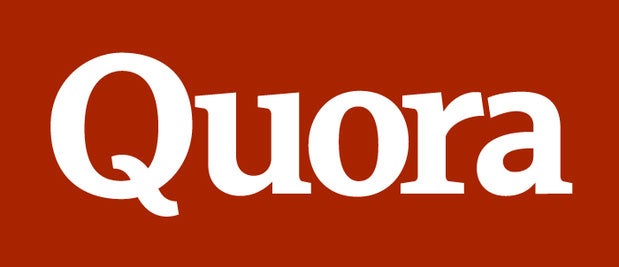
Your support helps us to tell the story
From reproductive rights to climate change to Big Tech, The Independent is on the ground when the story is developing. Whether it's investigating the financials of Elon Musk's pro-Trump PAC or producing our latest documentary, 'The A Word', which shines a light on the American women fighting for reproductive rights, we know how important it is to parse out the facts from the messaging.
At such a critical moment in US history, we need reporters on the ground. Your donation allows us to keep sending journalists to speak to both sides of the story.
The Independent is trusted by Americans across the entire political spectrum. And unlike many other quality news outlets, we choose not to lock Americans out of our reporting and analysis with paywalls. We believe quality journalism should be available to everyone, paid for by those who can afford it.
Your support makes all the difference.Though I am not an expert on either ancient mythology or modern superheroes, I'll mix some metaphors and suggest that family loyalty could too easily be an Achilles heel.
Superhero stories often have the protagonist turn away from a love interest to protect her (is there ever a him?) from becoming an evildoer's target.
The TV Tropes wiki calls this 'It's Not You, It's My Enemies' and quotes Peter Parker [from Spider-Man]: "No matter what I do, no matter how hard I try... the ones I love will always be the ones who pay".
Moreover, heroes don't want their families at home constantly worrying about their safety. In movies and television dramas, protagonists' parents beg them to leave the military, or the SWAT team, or the fire department; this fits with stories such as Saving Private Ryan, a struggle for a mother not to lose to a just war her last surviving son.
A superhero has enough on his or her plate trying to save the world, that s/he shouldn't have to worry about breaking Mama's heart.
Jennifer Miller, co-producer, htcmovie.com
Making your heroes orphans makes it:
1) More believable that, if they are maintaining a 'secret identity', that they can do so.
2) Relieves the writers of having to script stories regarding the characters' interactions with parents.
3) Makes it easier for the writers to garner sympathy for the characters as few people wouldn't sympathise or empathise with orphans.
4) Gives the character a 'driving force' at the core of their existence, that may not exist in someone from an 'intact family'.
Many of the comic-book heroes in the US were created by people of Eastern-European Jewish extraction.

Watch Apple TV+ free for 7 days
New subscribers only. £8.99/mo. after free trial. Plan auto-renews until cancelled

Watch Apple TV+ free for 7 days
New subscribers only. £8.99/mo. after free trial. Plan auto-renews until cancelled
The US, throughout its history, has had a record of racism against immigrant groups when they first came to the US.
In the first half of the 20th century, many of the Eastern European immigrants were Jewish. They were widely discriminated against, and some would form their own small businesses. For a small group who created comics, they gave their action heroes superpowers which they fantasised about.
At the same time, they gave them a chip on their shoulder so that they would strive to succeed. In this respect, you could say that their heroes embodied the Jewish immigrant experience in the US.
These answers all come from quora.com, the popular online Q&A service. Ask any question and get real answers from people in the know

Join our commenting forum
Join thought-provoking conversations, follow other Independent readers and see their replies
Comments